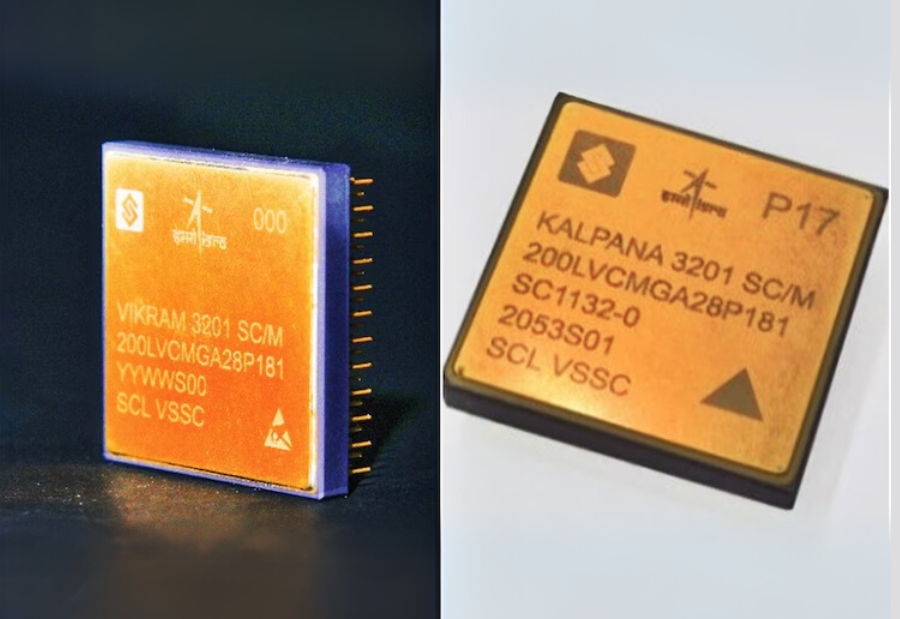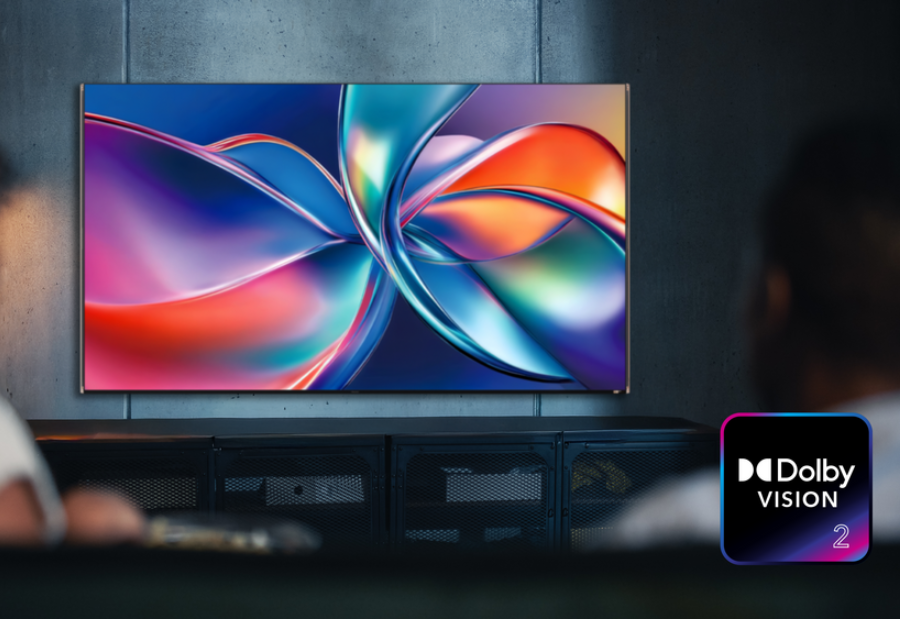India on Tuesday introduced its first fully indigenous 32-bit microprocessor named ‘Vikram’, developed by the Indian Space Research Organisation. The launch took place at a semiconductor industry event in Delhi.
Prime Minister Narendra Modi, who recently returned from China and the Shanghai Cooperation Organisation, described microprocessors as “digital diamonds”. He stated, “If the last century was shaped by oil, this is by a small chip,” highlighting their growing importance in the digital age.
Microprocessors power modern life, from wristwatches and cars to critical medical equipment. Nearly every electronic device depends on them. With this step, India aims to compete with major players such as Taiwan, China, South Korea, and the United States.
The Prime Minister called for global investment in India’s semiconductor and microprocessor sector, which is valued at an estimated 50 billion dollars and is expected to reach over 100 billion dollars by 2030. “The world is ready to build the semiconductor future with India,” he declared.
According to sources, 18 billion dollars will be invested across 10 fabrication facilities. At the same time, the government is building a comprehensive ecosystem to support chip design, development, manufacturing, and packaging.
About the ‘Vikram’ Microprocessor
The newly launched ‘Vikram 3201’ microprocessor is a 32-bit chip featuring a custom instruction set architecture. It offers advanced support for the Ada programming language, which is widely recognised for its reliability and applications in satellites, air traffic control systems, and launch vehicles.
Designed by India’s space agency, ‘Vikram’ is built to perform in extreme conditions, operating in temperatures ranging from minus 55 to 125 degrees Celsius. It is an upgrade from the earlier ‘Vikram 1601’, a 16-bit processor used since 2009.
Boosting ‘Make in India’ and Self-Reliance
The development of ‘Vikram’ marks a significant milestone in the government’s ‘aatmanirbhar’ or self-reliant India initiative. It demonstrates India’s ability to design and manufacture space-grade chips domestically, reducing the cost of space missions and paving the way for future civilian use.
This innovation will support industries such as electronics, automotive, and consumer appliances. The automotive industry alone, worth 240 billion dollars, accounts for more than five per cent of India’s GDP, while the appliances and consumer electronics market is valued at nearly 18 billion dollars.
Locally made high-quality chips will reduce dependence on imports from China and Taiwan. This is expected to encourage global manufacturers like Apple and Samsung to set up production in India, benefiting the local economy and ensuring lower costs for consumers.
The Road Ahead
India’s semiconductor industry has witnessed rapid growth after years of delay. Under the India Semiconductor Mission, managed by the Ministry of Information Technology and Electronics, over 7 billion dollars has already been committed to building and running fabrication plants nationwide.
With the launch of ‘Vikram’, India has taken a crucial step towards becoming a global hub in the semiconductor industry.
Also read: Viksit Workforce for a Viksit Bharat
Do Follow: The Mainstream formerly known as CIO News LinkedIn Account | The Mainstream formerly known as CIO News Facebook | The Mainstream formerly known as CIO News Youtube | The Mainstream formerly known as CIO News Twitter |The Mainstream formerly known as CIO News Whatsapp Channel | The Mainstream formerly known as CIO News Instagram
About us:
The Mainstream formerly known as CIO News is a premier platform dedicated to delivering latest news, updates, and insights from the tech industry. With its strong foundation of intellectual property and thought leadership, the platform is well-positioned to stay ahead of the curve and lead conversations about how technology shapes our world. From its early days as CIO News to its rebranding as The Mainstream on November 28, 2024, it has been expanding its global reach, targeting key markets in the Middle East & Africa, ASEAN, the USA, and the UK. The Mainstream is a vision to put technology at the center of every conversation, inspiring professionals and organizations to embrace the future of tech.




